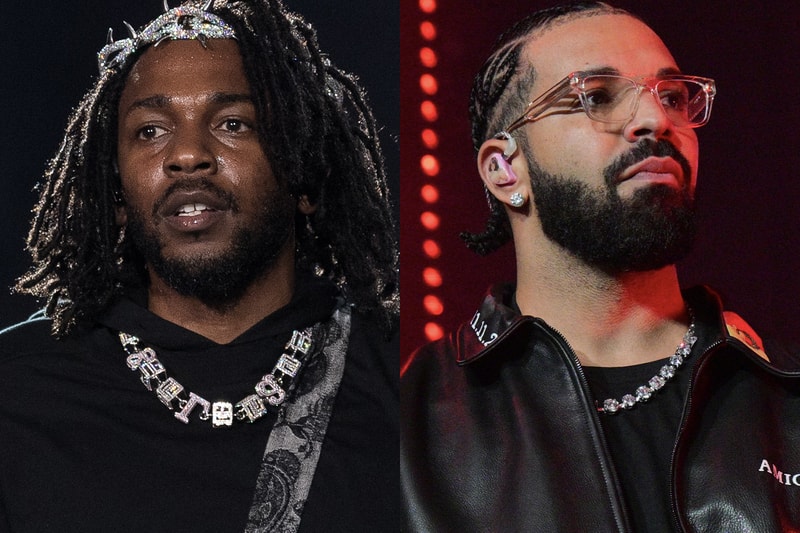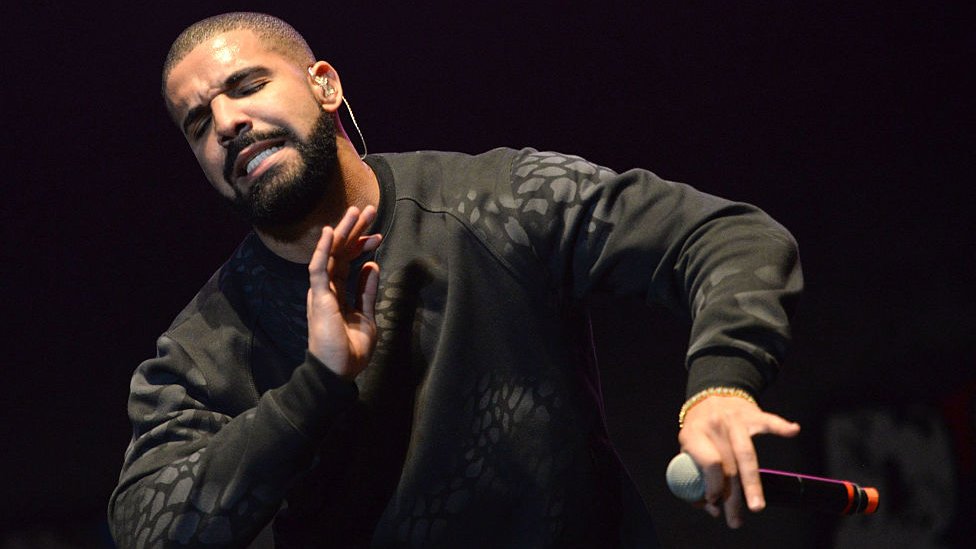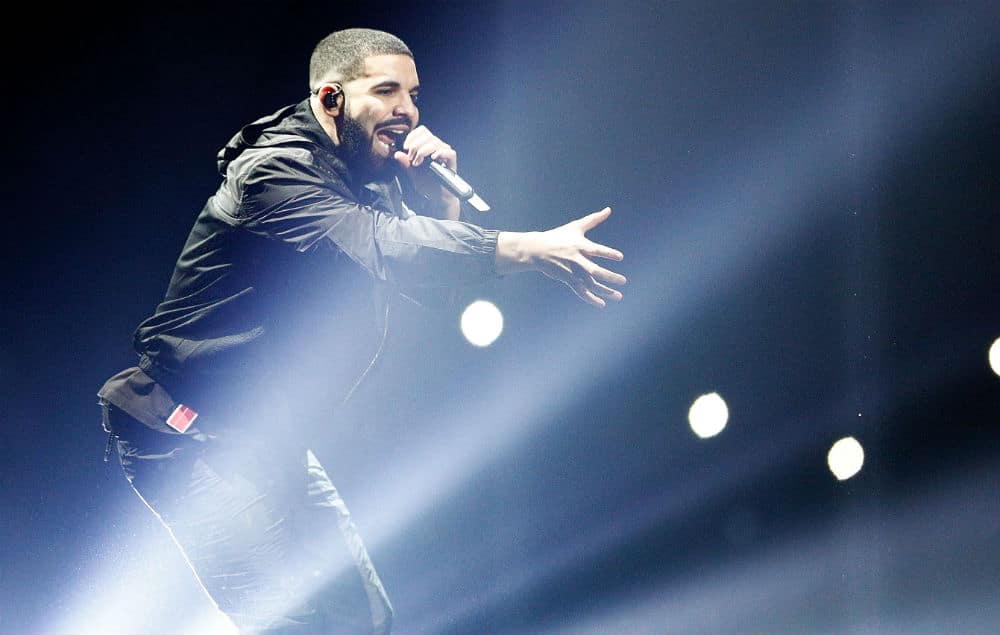Table of Contents
Introduction to the Evolution of Rap Battles
Rap battles have undergone an exciting evolution over time. In the early days, they were entirely live events where rappers relied solely on the audience’s reactions as their immediate feedback. Without access to digital feedback channels, they had no way to gauge real-time public opinion. However, the landscape has dramatically transformed in the modern era. Today’s rap artists, such as Drake, who was Accused of Stealing lyrics, and Kendrick Lamar, operate in a world where social media platforms play a pivotal role in shaping public perception and influencing their strategies. Social media provides a powerful platform for artists to connect with their fans, receive instant feedback, and gauge the impact of their work. This time interaction allows them to adapt their content and strategies based on the public’s response quickly.
Impact of Social Media on Modern Rap Artists
Social media has a major effect on today’s rap stars like Drake and Kendrick Lamar. One big plus is that places like X (previously Twitter) let them get feedback right away from fans. This quick back and forth means they can change their music to match what listeners want based on real time reactions. But at the same time, the huge reach of social media means every little thing these artists do gets judged and criticized by tons of people online.
Their personal lives are under a constant microscope; every lyric, every move in music videos, every outfit choice gets torn apart and over analyzed by the masses. This level of scrutiny and negativity can really take a mental toll. It’s a double edged sword the same platforms that help build fan connections also enable an onslaught of unfair attacks and hateful comments that artists have to endure.
The Challenges of Overcoming Social Media’s Collective Mind
Social media has turned into a giant hub of collective minds. People from all around the world share their ideas and thoughts on these platforms. While this exchange can be helpful, it also brings certain difficulties for creators like musicians and writers. The instant feedback and constant discussions mean any new concept or creative twist quickly spreads and this makes it very challenging for artists to come up with genuinely novel material.
Popular musicians like Drake and Kendrick Lamar face immense pressure not just to outperform each other but also to surpass the combined creativity of their massive online fanbase. The vast number of users on social networks like Twitter means almost every imaginable lyric or theme has likely been suggested by someone already. This “crowd sourced” creativity poses a unique hurdle for these artists as they aim to craft music that feels truly fresh and original while still resonating with their audience’s tastes and expectations born from online discourse.
The Struggle Against the Collective Intelligence of Social Media
The internet has changed the way rap battles happen. Famous rappers like Drake and Kendrick Lamar try hard to stay ahead of their fans, wanting to make new music that surprises people. But it is not easy. They release a song or make an online move and their fans quickly understand it and discuss it online, these fans figure out the hidden meanings and make critiques with their collective intelligence that is hard to beat; it is like a big group brain that thinks together. So Drake and Kendrick have to keep finding fresh ideas; they need to go beyond what their fans already know or expect. The battle is not just between the rappers now, and It is also with the whole audience thinking together on social media.

Rap battles used to be simpler in the old days; two rappers would face off and trade clever insults, and whoever had the most creative lines would win. But now it has become much more complicated. Rappers must think ahead of millions of minds connected online, they put out a track or a music video and boom within hours, fans have dissected every line and reference. They analyze the wordplay and underlying messages as a group. So, although it aids in quick adjustment and interaction with followers, social media also serves as a harsh critic, examining every word sung and each new tune made. In the case of performers like Drake and Kendrick Lamar, it is a valuable resource due to its immediacy while still being a drawback because it is all-powerful during invention.
The Social Media Spotlight on Kendrick Lamar
Kendrick Lamar was the talk of the town on social media recently; On May 10th, fans discovered some of his old tweets from the past few years. These tweets contained jokes and comments aimed at fellow rapper Drake, which were very similar to Kendrick’s own diss tracks against Drake. This discovery led to a huge online discussion and debate among fans. Many people were surprised to see Kendrick’s tweets targeting Drake, and some thought it was unprofessional for Kendrick to publicly mock another artist like that. However, others defended Kendrick’s actions; they said diss tracks and rivalries are common in the rap world. Kendrick was just staying true to his craft and persona. The heated debate highlighted the intense fan loyalty for both rappers, which also showed how social media can amplify even casual remarks into major.
The talk was about whether Lamar used social media platform X to make his disses against Drake better or if the things that were like tweets from other people were just by chance. People who like Lamar and critics looked at his lyrics very closely and saw that some parts were a lot like certain tweets. They debated whether Lamar took ideas and words directly from social media platform X or if it was just a weird coincidence that some of his lyrics looked so much like tweets. Some fans thought Lamar was being very smart by using the tweets to give his disses more punch and make them hit harder against Drake.
The Debate Over Inspiration
Avid fans of the music scene have pointed out some interesting similarities and potential influences between the works of two renowned artists: Drake and Kendrick Lamar. One of the most talked about parallels was Kendrick’s clever use of the “A minor” chord progression, which bears a striking resemblance to Drake’s signature musical style. Additionally, fans playfully altered Drake’s label name, OVO, to “OVOH*e,” a cheeky reference that further fueled the speculation of Kendrick borrowing from Drake’s artistic realm.
The Turn of Events for Drake

Drake, the renowned hip-hop artist, found himself under the spotlight of public scrutiny, much like his contemporary, Kendrick Lamar. Shortly after Kendrick’s tweets were compiled and analyzed, fans and critics alike turned their attention to Drake’s lyrics. Highlighting instances where his words appeared to draw inspiration from content shared by other social media users. This parallel examination of both artists’ work placed them in an unsteady position. Their originality and creative integrity were called into question, with fans and the general public alike raising concerns about the authenticity of their artistic expressions.
This scrutiny sparked a heated debate within the music industry and among fans, as the line between artistic influence and unacceptable appropriation became increasingly blurred. The controversy surrounding Drake’s lyrics reignited discussions about the broader issue of intellectual property rights in the age of social media. With the widespread nature of user generated content, it became increasingly challenging to determine where inspiration ends and infringement begins.
The Ongoing Discussion
The situation clarify the sources of inspiration for their songs sparked a larger discussion bringing attention to how social media affects modern rap artists. People talked about the thin line between being inspired by others’ ideas and taking those ideas without permission. The two rappers had to defend the way they created their music. Fans and critics closely examined whether social media was changing how new music is made these days.
Social media allows artists to easily see each other’s work and draw inspiration from it. However, there’s a risk of going too far and essentially copying someone else’s creative expression. It can be hard to tell where the boundary is between respectfully being influenced by others and improperly taking their unique ideas or lyrics.
Many music lovers have voiced their doubts about the originality of lyrics used by famous rappers Drake and Kendrick Lamar, often called K. Dot. These concerns emerged after highlighting several instances where their song lyrics seemed very similar or even identical to tweets posted by various Twitter users.
In the age of social media, where millions of people share their thoughts and experiences on platforms like Twitter every day, it has become easier for artists to inadvertently incorporate ideas or phrases from these public posts into their own creative works. However, this has raised questions about the authenticity and originality of the lyrics, which are considered a crucial aspect of hip-hop culture and artistry.
Coincidental or Deliberate Copying?
It’s fascinating how some fans’ humorous remarks or predictions on social media seem to have found their way into famous rappers’ diss tracks and lyrics. Take Drake’s diss track “The Heart Part 6,” for instance. The title itself was jokingly suggested by a Twitter user before Drake released the song with that very title. Another intriguing example involves Kendrick Lamar’s claim of being a “big stepper.” Which a fan humorously questioned, pointing out that Lamar reportedly wears a size seven shoe. Remarkably, Drake incorporated this specific detail about Lamar’s shoe size prominently in his track “Push Ups,” even featuring it in the single’s artwork. These coincidences raise an interesting question: Are these merely coincidental similarities, or did the rappers deliberately take inspiration from fans’ online?
The claims have sparked intense discussions among their fans and critics. Some argue that Drake has been accused of using lyrics or lines from other artists without proper credit or attribution. These allegations have raised questions about the rapper’s originality and creative process. However, if these claims against Drake are found to be true, similar criticisms have been leveled at Kendrick Lamar as well. This suggests that the issue of borrowing or repurposing lyrics from other sources may be a broader concern within the music industry.
DJ Akademiks Speaks Up
DJ Akademiks, a well known figure who has been outspokenly supporting Drake in his ongoing feud, has now stepped in to defend Kendrick Lamar against accusations of stealing lyrics. He believes that in today’s music industry, it is inevitable for lyrics and public comments to overlap. Akademiks argues that with the widespread use of social media platforms, artists and fans constantly share thoughts. Making it natural for some lyrics to coincide with previously shared content.
Furthermore, Akademiks extends this reasoning to Drake as well. He suggests that when creating diss tracks, artists operate in a highly scrutinized environment, where every word is analyzed and dissected. In such a scenario, it is not surprising if some lyrics inadvertently align with public commentary or discussions. The DJ emphasizes that the creation of diss tracks involves a rapid and intense process, where the pressure to respond quickly can lead to unintentional similarities with previously shared content.
Akademiks further explains that when you look at every diss track released over the past 10 years, you would see that there are certain lines in them which closely resemble jokes made on social media. It becomes even more glaring if these tracks involve people as popular as Drake or Lamar. It’s like opening up a door to new questions: how much does what we say on Twitter unwittingly shape music culture or vice versa?



